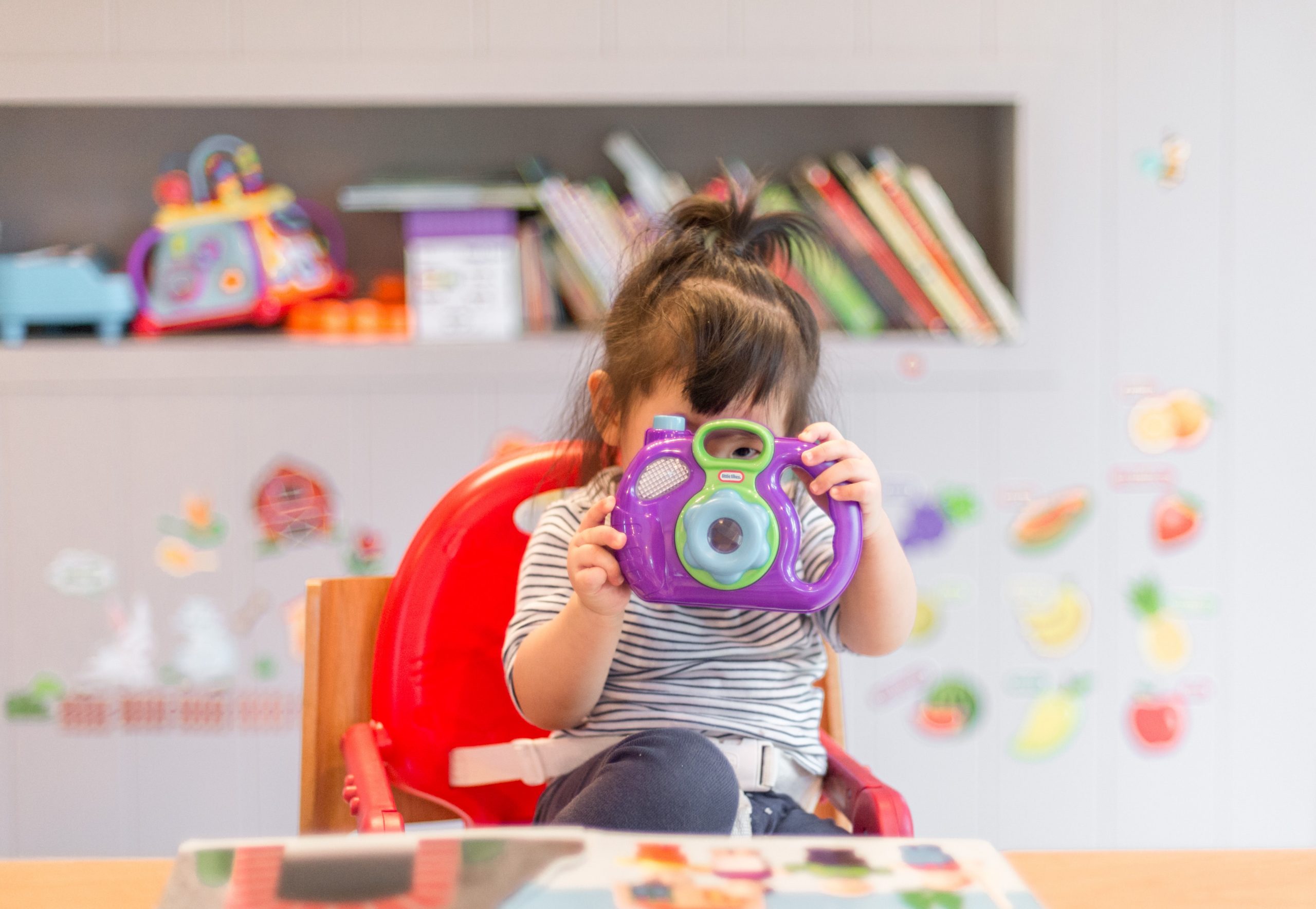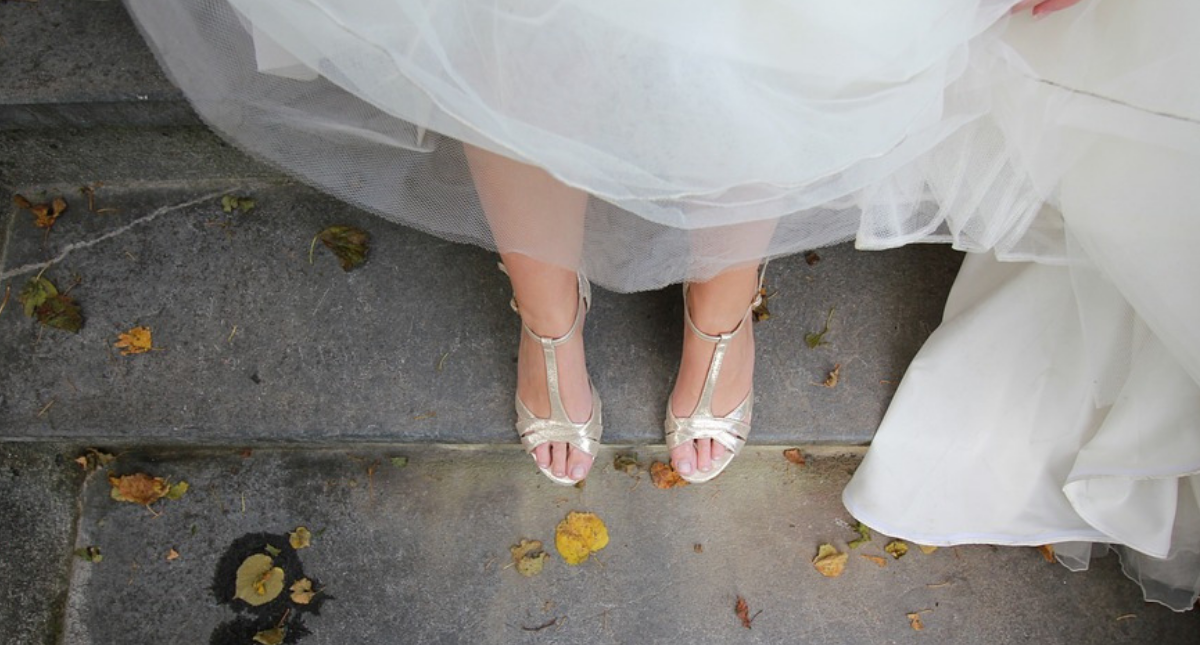

Children can be angry for a variety of reasons. Psychologists have studied and even written many reports on the source of childhood anger in these modern times. Schools blame the parents while parents blame the schools. Or maybe it’s the violence portrayed in video games or watching violence on TV? It’s easy to get wrapped up in the whys. But this article is not about why kids are angry, but rather how to help your children manage their anger.
Be A Good Role Model
Children will pick up on what they see you doing. If you are angry, try to manage your own anger first. Anger can be contagious. It can be especially hard to control your anger if your child lashes out at you. Be assertive and let your children know that in your family, you deal with anger issues in a calm manner. Let them know that issues and problems can only be solved when they first calm down and talk about it. Whatever you do, do not get in a shouting match. Wait until all parties are calmed down before dealing with the issue at hand.
Count To 10
Counting to 10 can do wonders for helping your children to calm down. I know this seems simple, and it really is a simple trick to help anyone to cope with anger. If your child is old enough to count to 10, then teach them to do this when they are ready to lash out in anger. If your child is too young to count to ten, then have them use their fingers. Let them know that they have 10 fingers and show them how to count to 10 by using their fingers. They can just touch each finger slowly if they don’t know the number names yet. Sometimes we all just need a moment to take 10 seconds to calm down before reacting to something that makes us angry.
Use Their Words
When a child is angry, they can have a tendency to lose control. Remind them to “use your words” to explain and talk about why they are angry. Also, remind them to talk and not shout. When I was a public school teacher, I called a soft voice an “inside voice.” An outside voice might be what a child would use on a playground while shouting and playing with their friends. Teach them and remind them to use their “inside” voice when talking about what is making them angry.
Role Play Good And Bad Ways To Deal With Anger
When I taught in an inner-city school as a reading specialist, there was one particular 3rd grade class that was having a hard time dealing with anger. The counselor asked me if I’d be willing to come in and role play good and bad ways to cope with anger. So she and I explained to the class that we’d be modeling how to deal with issues that make us mad and how not to deal with them. This was a fun time, and in between bouts of laughter, the kids really got it. Then we talked about it as a group. You can do this with your children too. Even if you are the only adult roleplaying (though it is more fun with two), show them how you don’t throw things and kick and stomp or name call when dealing with anger. Role play what it looks like counting to 10 and expressing frustrations by talking it out in a soft “inside voice.”
Practice Empathy
Truly listen to your child’s feelings. While their feelings may seem “childish” to you, what makes them angry is a real problem. They are acting childish because they are in fact, children. Say things like, “I can see why that would make you angry when your sister takes your favorite toy without asking.” Sometimes people, including children, just want to have their feelings acknowledged. Make sure not to interrupt, but rather let them have as long as they need to get out their frustrations to you.
Establish Clear Standards
Make sure your child knows what is acceptable behavior and what is not. Communicate clearly your expectations and the consequences if rules are broken. For example, you may explain that under no circumstances do you shout out in anger in public. Unless of course, your child is being hurt or there is an immediate danger present, they should understand that they control their anger in public places. Also, be clear on the consequences that will take place if they break a rule. A timeout away from a favorite activity can work wonders to getting children to understand very quickly why they need to follow your rules.
Deep Breathing
Teach your child to take a deep breath and to slowly let it out when they are feeling a rush of anger. Just by concentrating on taking deep breaths instead of what’s triggering the anger, can help your child to get a grip. Remind them to take slow and deep breaths, rather than fast breaths. I’ve had young students who would look like they are hyperventilating, trying to breath instead of lashing out. Always, reward the effort even if it’s not perfect. I’d say, “Johnny, I’m so proud of how you took deep breaths instead of fighting on the playground today.” Giving positive reinforcement can work wonders. Then you can model how to try to slow the breathing down and take deep breaths. But hey, a step in the right direction always needs commended.
Conclusion
Anger can be hard for a child’s young mind to deal with. I hope that these tips will help you to help your child to deal with anger constructively. Remember to be a good role model. The majority of what your children learn will be by what they see you doing, more than what you say. Also, teach them coping mechanisms like counting to 10 and taking deep breaths. Remind them to use their words to express how they feel in an “inside voice.” Emphasize with them even if what they are angry about seems trivial to you. And most importantly, reward good behavior with positive reinforcement. And remember, that childhood doesn’t last forever. Chances are that they will soon grow out of this stage they are in now and leave behind the anger fits. I hope that these tips can help you the next time your child’s anger gets out of control.

















